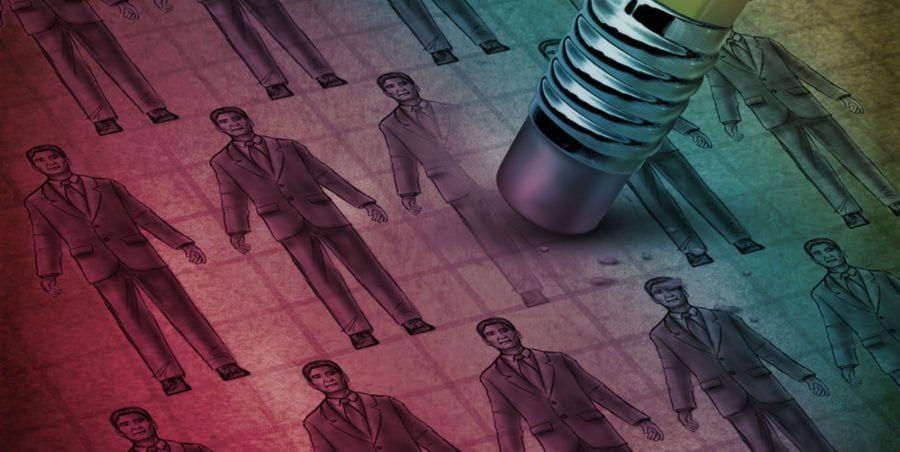Written by Elizaveta Shesterneva*
Editor’s note: This article was first published by the Law Society of Singapore as part of its Legal Research and Development Colloquium 2020. It has been re-published with the permission of the Law Society of Singapore and the article’s authors. Slight adaptations and reformatting changes have been made for readability.
ABSTRACT
Chatbots have already been deployed by law firms and Legal Technology (‘LegalTech’) start-ups to perform some law-related activities as a way to provide better assistance to clients. The widespread use of chatbots may further deepen existing issues relating to the scope of legal functions chatbots undertake, the unauthorised practice of law and the competitiveness in the legalsector. This paper examines the aforementioned issues and suggests a two-step approach to providing legal services which incorporate the use of chatbots with help from qualified attorneys. The goal of the suggested two-step approach is an attempt at a peaceful collaboration between technology and legal professionals, where the use of chatbots do not threaten the ‘status-quo’ of qualified persons, but rather, encourages further innovation in the legal profession.



